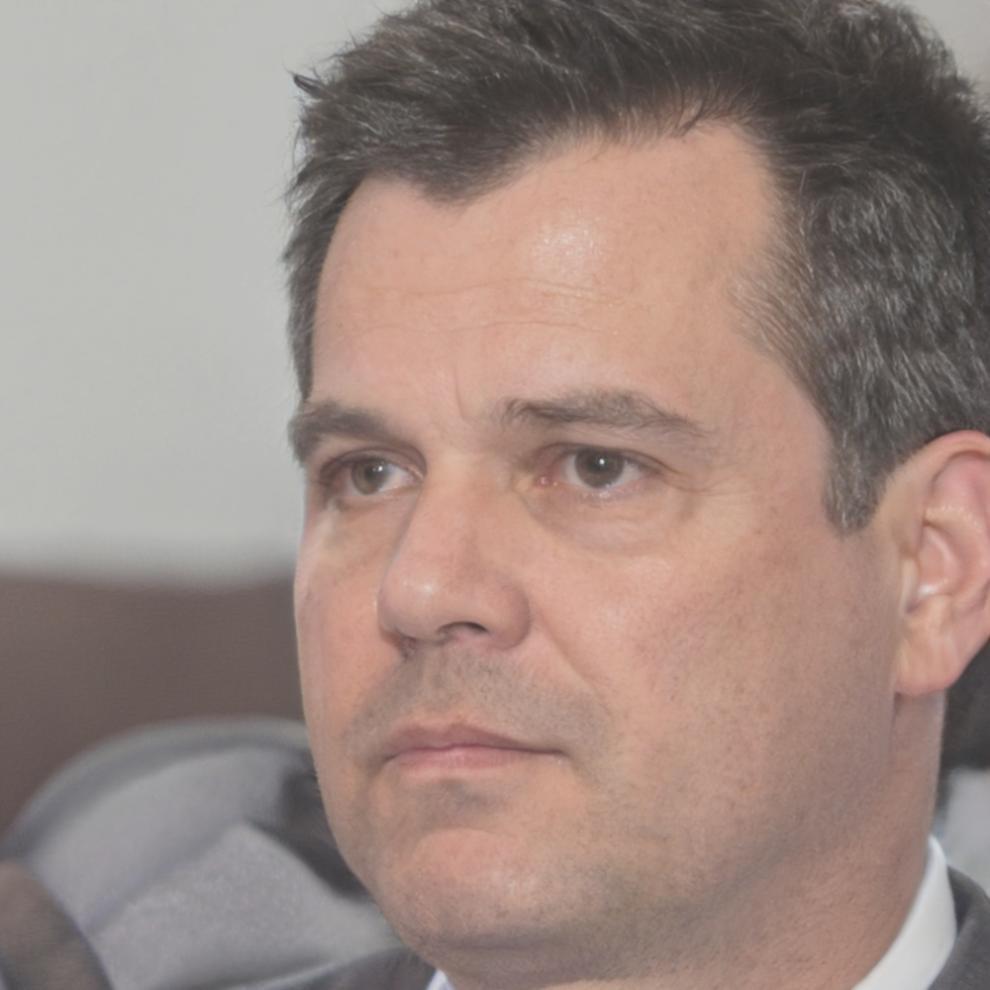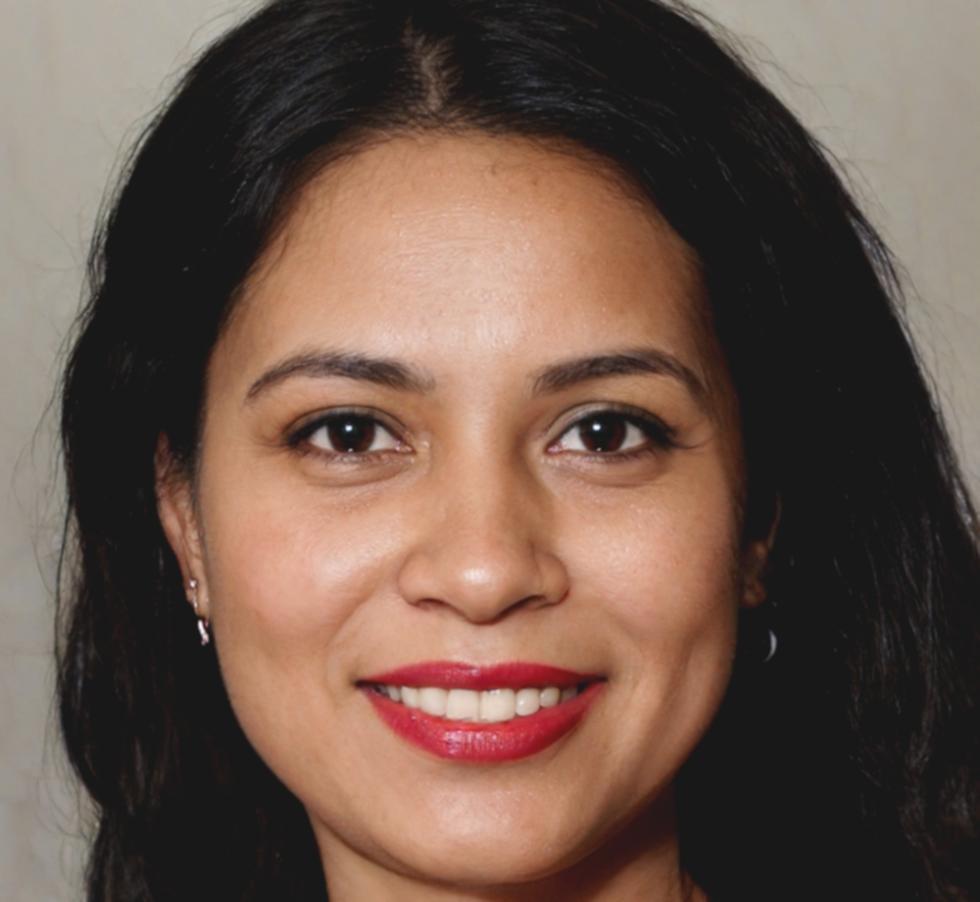Budget Mastery for Growing Businesses
Building a master budget isn't about complicated spreadsheets or endless formulas. We focus on practical skills that help business owners in Thailand and across Southeast Asia gain real control over their financial planning.
Schedule a Consultation
Your Learning Path
Our autumn 2025 cohort begins September 15th. The program runs for twelve weeks, with evening sessions designed for working professionals. We cap each group at eighteen participants because quality instruction matters more than scale.
Foundation Building (Weeks 1-3)
We start with the basics, but not in a boring way. You'll learn how operating budgets connect to cash flow, why capital expenditures behave differently than operational costs, and how to spot the warning signs before they become problems.
Practical Application (Weeks 4-7)
This is where theory meets reality. You'll work with actual financial data from anonymized businesses similar to yours. We've found that people learn faster when they see patterns they recognize from their own operations.
Strategic Integration (Weeks 8-10)
Now we connect your budget work to broader business strategy. How do you plan for expansion? What financial metrics actually matter for decision-making? When should you revise forecasts versus sticking with original projections?
Capstone Project (Weeks 11-12)
Your final project involves creating a comprehensive master budget for your actual business or a detailed case study. Previous participants have told us this deliverable alone justified their time investment—many implemented their capstone budgets immediately after graduation.
Questions We Hear Often
Before you commit twelve weeks and 42,000 THB, you probably have some concerns. Here's what most people ask us during their decision process.
Do I need an accounting background?
No. About half our participants come from non-finance roles. If you can work with basic Excel formulas and understand profit-and-loss statements at a conceptual level, you'll be fine. We don't assume prior technical knowledge.
What's the time commitment really like?
Evening sessions run Tuesday and Thursday, 7-9 PM. Expect another three to four hours weekly for assignments and reading. Some weeks are lighter, others more intense—especially during the capstone phase.
Can I attend remotely or must I be in Hat Yai?
Sessions happen both in-person and via video conference. About 40% of each cohort joins remotely. You'll have full access to recordings if you miss a live session, though we find participation drops when people rely too heavily on recordings.
What if I fall behind on coursework?
Reach out early rather than waiting. We've scheduled buffer weeks specifically for this reason. Most people hit a rough patch around week six—it's normal. Instructors hold office hours Wednesdays for one-on-one catch-up support.
Are the case studies relevant to Thai businesses?
Yes, though we also include international examples. You'll see scenarios from manufacturing, retail, and service businesses operating in Thailand. The principles apply universally, but context matters for understanding regulatory considerations and local market dynamics.
How much instructor interaction should I expect?
More than you might think. Classes are discussion-based, not lecture-heavy. Instructors respond to forum questions within 24 hours during weekdays. The small cohort size means you won't get lost in a crowd of hundreds.
What exactly do I receive at graduation?
A certificate of completion, your capstone project with instructor feedback, and access to our alumni resource library. We don't promise job placement or specific career outcomes—this program builds skills, not employment guarantees.
Can I access materials after the course ends?
You keep lifetime access to core materials, templates, and recordings. We update content annually, and alumni can review new material at no additional cost. The community forum remains open for questions and peer support.
Is there ongoing support available?
Monthly office hours continue for alumni. We also run quarterly workshops on advanced topics—recent sessions covered rolling forecasts, zero-based budgeting, and integrating sustainability metrics into financial planning. Attendance is optional but frequently valuable.
What's the total program cost?
42,000 THB for the full twelve weeks, payable in two installments. This covers all materials, software access, and post-program support. No hidden fees or required additional purchases.
Do you offer payment plans or refunds?
Yes to payment plans—split across two months. Refunds are available during the first two weeks if the program isn't what you expected. After week two, we don't issue refunds, though you can defer to a future cohort if circumstances change.
When does enrollment close for autumn 2025?
September 1st or when we reach eighteen participants, whichever comes first. Spring 2026 enrollment will open in December 2025 if you can't make the autumn timeline work.
Who Teaches This Program
Our instructors balance academic knowledge with practical business experience. They've made the mistakes you're trying to avoid and solved the problems you're currently facing.

Garrett Monroe
Lead Instructor
Spent fifteen years as a CFO for manufacturing companies before shifting to education. Specializes in capital budgeting and cash flow forecasting.

Dana Rutherford
Senior Faculty
Former controller for retail operations across Southeast Asia. Focuses on variance analysis and performance metrics that actually drive decisions.

Leif Strand
Workshop Facilitator
Built financial planning systems for tech startups and established businesses. Teaches practical Excel techniques and automation approaches that save hours weekly.

Raina Cho
Guest Lecturer
Currently manages budgeting for a regional hospitality group. Joins selected sessions to share current challenges and real-time problem-solving approaches.